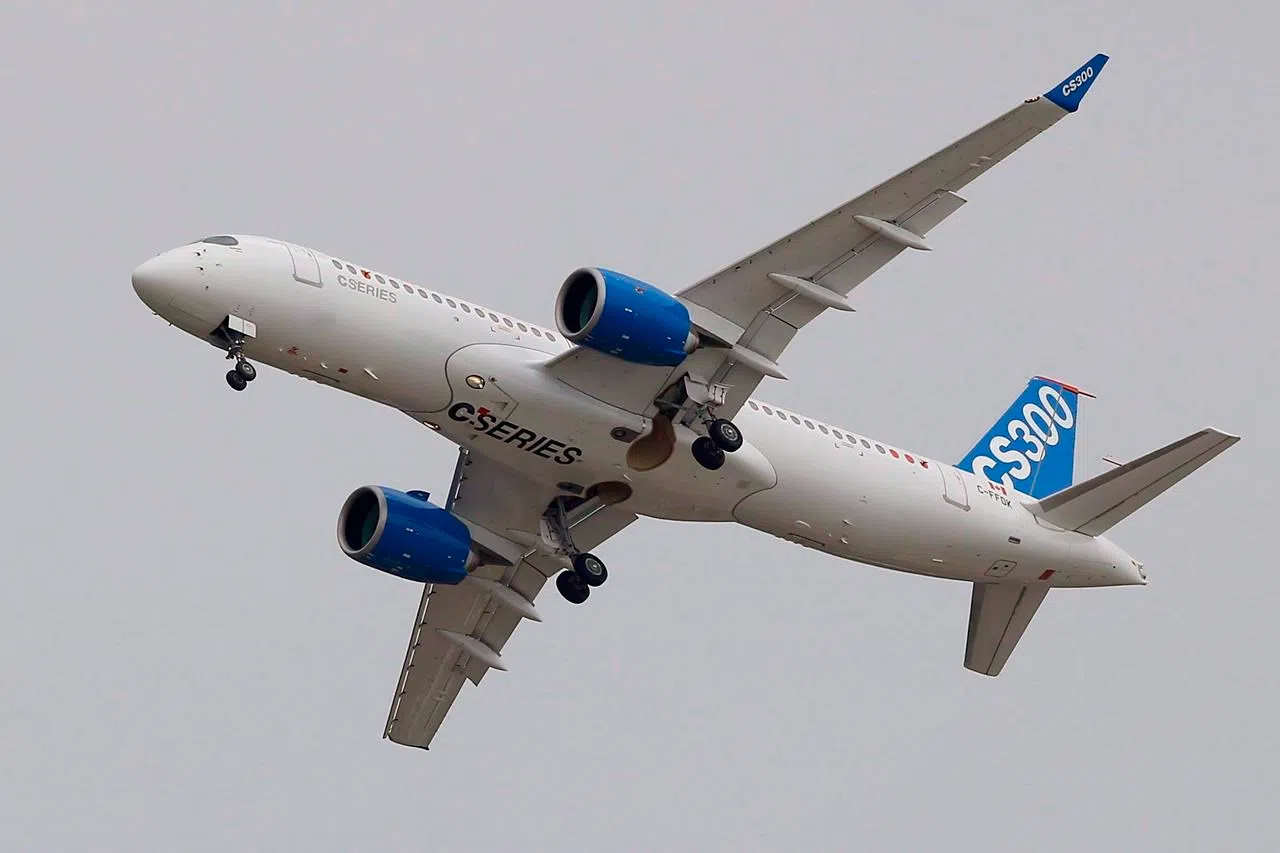
High stakes as U.S. Commerce Department set to rule on Boeing, Bombardier
OTTAWA — Politicians, defence officials and Canada’s aerospace industry have Monday circled on their calendars as the date to watch in Boeing’s ongoing trade dogfight with Montreal-based Bombardier.
Here’s what you need to know, and what is expected to follow:
What’s at stake?
U.S.-based Delta Air Lines agreed in April 2016 to buy 75 of Bombardier’s CS100 regional jets, with an option for 50 more. The deal was a major coup for the Montreal company, which had struggled to sell its CSeries planes.


